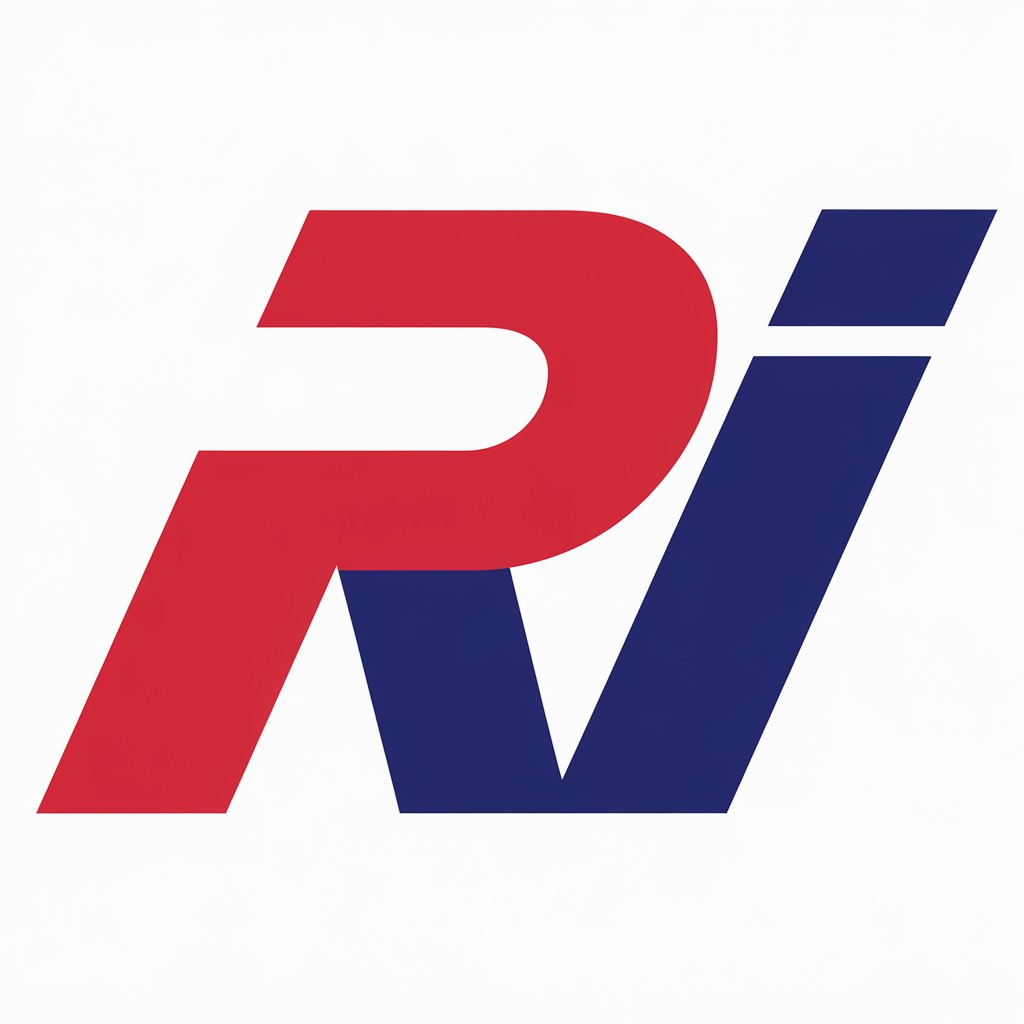When it comes to managing your finances, one size does not fit all. Each individual has unique goals, risk tolerance, and financial circumstances, which is why personalized investment wealth management is gaining popularity. It’s about crafting an investment strategy that fits your specific needs, using advanced technology, expert advice, and a deep understanding of the financial landscape. In this article, we’ll explore the ins and outs of personalized investment, how it can help you achieve your financial goals, and the tools and techniques available to maximize your returns.
Understanding Personalized Investment Wealth Management
Personalized investment wealth management is an approach to managing investments that is tailored to the specific financial situation, goals, and risk tolerance of an individual. Rather than relying on generic investment strategies, personalized management focuses on creating a customized investment portfolio designed to help the investor meet their financial goals—whether that’s saving for retirement, buying a home, or long-term wealth accumulation.
This tailored approach considers several factors, including:
- Risk Tolerance: Your willingness and ability to endure market fluctuations.
- Time Horizon: How long you plan to invest before needing access to the funds.
- Financial Goals: Specific objectives like retirement, buying a home, or funding a child’s education.
- Market Trends: How current economic and financial conditions impact your investment decisions.
By addressing these individual elements, personalized wealth management ensures that your investments are aligned with your specific needs and preferences.
The Importance of Risk Tolerance in Personalized Investment

One of the first steps in developing a personalized investment strategy is determining your risk tolerance. Risk tolerance is the degree of risk an investor is willing to take with their investments. This is crucial because the type of investments you choose should be in line with how much risk you are comfortable with, especially in times of market downturns or volatility.
Factors Influencing Risk Tolerance
Risk tolerance is not a fixed characteristic; it evolves over time depending on several factors:
- Age: Younger investors with more time to recover from potential losses may have a higher risk tolerance.
- Income and Savings: Those with higher income and savings may feel more comfortable taking on risk.
- Investment Knowledge: More experienced investors may be more willing to handle risk, knowing how to navigate volatile markets.
- Life Events: Major life changes like marriage, having children, or approaching retirement can impact risk tolerance.
Types of Investors Based on Risk Tolerance
- Risk-Averse Investor: Prefers stable investments with minimal risk, such as bonds and cash equivalents.
- Risk-Tolerant Investor: Willing to invest in higher-risk assets like emerging markets or individual stocks for the potential of higher returns.
Investment Types and Their Features
| Investment Type | Risk Level | Return Potential | Ideal For | Example Instruments |
|---|---|---|---|---|
| Stocks | High | High | Long-term wealth growth | Blue-chip stocks, tech stocks |
| Bonds | Low to Moderate | Moderate | Income stability and diversification | Treasury bonds, corporate bonds |
| Mutual Funds | Moderate | Varies (based on fund) | Diversified, hands-off investing | Equity mutual funds, balanced funds |
| ETFs | Moderate | Varies (based on type) | Low-cost diversification | S&P 500 ETFs, sector-specific ETFs |
| Real Estate | Moderate to High | High | Long-term asset building | Rental properties, REITs |
| Cash Equivalents | Low | Low | Short-term savings or liquidity | Money market accounts, CDs |
| Commodities | High | High (but volatile) | Hedging against inflation | Gold, oil, agricultural products |
Benefits of Discovering Personalized Investment

When you choose a personalized investment strategy, you’re not just investing in assets, you’re investing in your future. Here’s why this approach can work for you:
1. Achieve Financial Goals Faster
Customized investment strategies align your investments with your financial goals, whether it’s buying a house or building a retirement fund. By targeting investments that match your specific objectives, you’re more likely to see faster and more sustainable growth.
2. Improved Portfolio Efficiency
Personalized wealth management often leads to better asset allocation and reduced risk. Diversifying your portfolio with a mix of stocks, bonds, and other assets, tailored to your needs, can help optimize returns while keeping risks in check.
3. Peace of Mind
When your investments reflect your personal goals, risk tolerance, and financial situation, you’re more likely to feel confident about the future. With the right portfolio rebalancing and adjustments, you can ride out market volatility without stressing over your financial security.
4. Tax Efficiency
Customized strategies allow you to invest in tax-efficient ways, reducing the overall tax burden on your investment returns. This can include strategies like using tax-advantaged accounts (e.g., Roth IRAs or 401(k)s) or focusing on investments that generate favorable after-tax returns.
How Technology Enhances Personalized Investment
The role of technology in personalized investment has grown tremendously in recent years. Innovations like AI-driven platforms, robo-advisors, and advanced algorithms have made it easier for investors to create and manage customized investment portfolios. Here’s how:
Robo-Advisors: The Game-Changer in Wealth Management
Robo-advisors are digital platforms that use algorithms and AI to automatically create and manage an investment portfolio based on your preferences and financial situation. They make personalized wealth management more accessible, affordable, and efficient. Some of the features of robo-advisors include:
- Automated portfolio construction and management.
- Low fees compared to traditional financial advisors.
- Risk-based asset allocation that fits your risk tolerance.
- Continuous monitoring of market trends to optimize performance.
Artificial Intelligence (AI) and Advanced Algorithms
AI and advanced algorithms can analyze vast amounts of market data and adjust investment strategies in real-time. By using AI-powered investment solutions, investors gain insights into market trends, emerging sectors, and potential risks. This enables smarter decision-making and more effective portfolio rebalancing.
Asset Allocation in Personalized Investment Wealth Management

Asset allocation refers to the distribution of investments across different asset classes such as stocks, bonds, and cash equivalents. The goal is to diversify the portfolio to reduce risk while maximizing returns. In personalized wealth management, asset allocation is tailored to the investor’s financial goals, risk tolerance, and time horizon.
Factors Affecting Asset Allocation:
- Short-Term Goals: If you need funds in the next few years, you’ll want a more conservative portfolio with stable investments.
- Long-Term Goals: For retirement or other long-term objectives, a more aggressive strategy, including blue-chip stocks or emerging markets, may be suitable.
- Market Conditions: The current state of the market and economic conditions may influence asset allocation decisions. For example, volatile sectors may be avoided in uncertain times, while more stable bonds or tax-advantaged accounts may be prioritized.
Common Asset Classes in Personalized Investment
- Stocks: High-growth potential but higher risk. Ideal for long-term goals.
- Bonds: Generally safer and more stable, offering steady returns with lower risk.
- Emerging Markets: Higher risk but the potential for higher returns, particularly in growth areas.
- Cash Equivalents: Low-risk, low-return investments for short-term goals.
The Role of Professional Advisors in Personalized Investment
While technology can handle many aspects of wealth management, the role of financial advisors is still essential, particularly for complex strategies like retirement planning or estate planning. Advisors can help fine-tune your personalized investment strategy and provide valuable guidance.
Key Services Financial Advisors Provide
- Tax Strategy: Helping you invest in a way that minimizes your tax burden.
- Retirement Planning: Developing strategies to ensure a steady income after you retire.
- Estate Planning: Assisting with wealth transfer strategies to ensure your assets go to the right heirs with minimal tax implications.
Advisors can also help you adapt your investment strategy to dynamic factors, such as market shifts or major life events (e.g., marriage, children, or job changes).
Choosing the Right Financial Advisor
When selecting a financial advisor for your personalized investment needs, consider the following:
- Certifications: Look for credentials like CFP (Certified Financial Planner) or CFA (Chartered Financial Analyst).
- Experience with Personalized Investment: Ensure they understand your specific goals, whether it’s long-term wealth growth or preparing for a retirement account.
- Fee Structure: Be clear on how they charge—flat fees, percentage of assets under management, or hourly rates.
Monitoring and Adjusting Your Personalized Investment Portfolio
Investment portfolios are dynamic. The market fluctuates, personal circumstances change, and goals evolve. That’s why portfolio rebalancing and ongoing monitoring are critical.
Regular Portfolio Reviews
Regularly assessing your portfolio helps ensure that your investments remain aligned with your financial goals. Use digital investment tools to track performance and make adjustments when needed. Tools like dashboards, automated alerts, and reports allow investors to monitor their investment portfolio easily.
When to Adjust Your Portfolio:
- Life Events: Marriage, having children, or approaching retirement can require portfolio adjustments.
- Market Shifts: Changing economic conditions may call for reallocation.
- Investment Performance: If an asset class consistently underperforms, consider rebalancing or replacing it with more suitable investments.
FAQs
Does Discovery have an investment plan?
Yes, Discover offers savings and money market accounts, but it does not directly provide investment plans like brokerage or retirement accounts.
What is personal investment?
Personal investment refers to putting your own money into financial instruments like stocks, bonds, or mutual funds to grow wealth or meet financial goals.
Can you invest through Discover?
No, Discover focuses on banking services like savings accounts but does not offer direct investment options.
How do I make personal investments?
You can make personal investments by opening a brokerage account, setting financial goals, choosing suitable assets, and diversifying your portfolio.
Can I withdraw my Discovery investment?
Discover doesn’t offer direct investments, but you can withdraw funds from their savings or money market accounts anytime without penalties.
Which investment is best for 5 years?
For a 5-year timeframe, consider low-risk options like bonds, high-yield savings accounts, or balanced mutual funds.
What investment is best for beginners?
Beginners should consider index funds, ETFs, or robo-advisors for diversified, low-cost, and beginner-friendly investments.
Is $100 enough to start investing?
Yes, $100 is enough to start investing in fractional shares, ETFs, or through platforms like robo-advisors.
What are the 7 types of investments?
The 7 types are stocks, bonds, mutual funds, ETFs, real estate, cash equivalents, and commodities.
Conclusion
Personalized investment wealth management offers a powerful way to achieve your financial goals while aligning your portfolio with your unique risk tolerance, time horizon, and life circumstances. With the help of technology, financial advisors, and a well-thought-out strategy, you can create a portfolio that evolves with your needs and helps you stay on track to reach your goals.
Whether you’re planning for retirement, investing for a home purchase, or building long-term wealth, the right personalized approach can make a significant difference in your financial future. Start your journey toward a custom investment strategy today and unlock the potential of wealth management tailored just for you.
